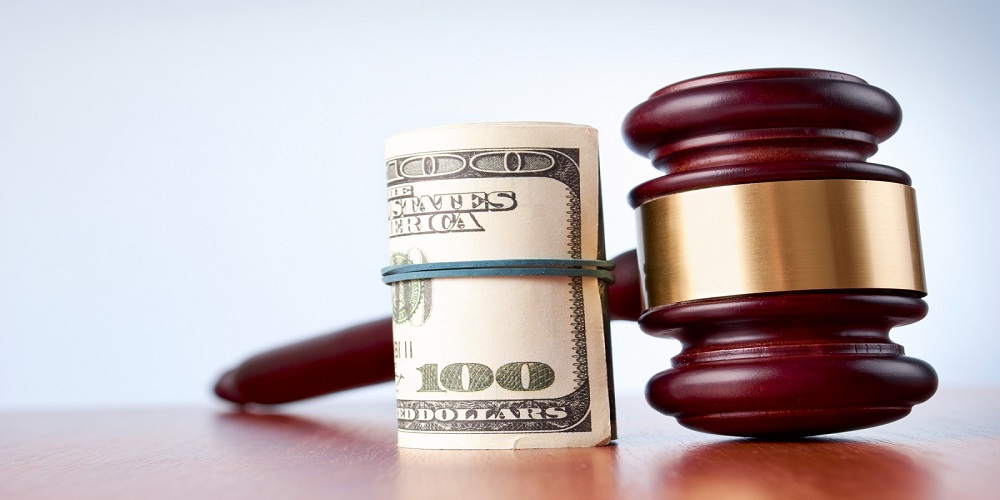Physical proof plays a big role in criminal trials. Things like DNA, fingerprints, weapons and computer files help show if someone did a crime. But just finding evidence is not enough. In this article we will discuss about the How important is evidence chain of custody in criminal defence read more here
For evidence to be used in court, the police must show it was handled right from start to finish. Local criminal lawyers in Dauphin know this chain of custody is key for a strong defence.

What is the Chain of Custody?
The chain of custody is the paper trail that shows what happened to evidence. It starts when police find proof at the crime scene. Then, it tracks where the evidence went, who handled it, and what they did.
The records should say when each person got the evidence, why they had it, and where they kept it. Details are written down, like when the evidence was moved and its condition at each step.
Why is the Chain of Custody so Important?
Keeping good records on the chain of custody matters to both sides. Here’s why it’s key:
- It makes sure evidence can be used in court. Any gaps or mistakes can block evidence. Judges want proof it is the same as when found.
- It protects against tampering. Detailed records show the evidence was not changed or planted. It avoids claims of bad handling.
- It makes the evidence more believable. An unbroken chain strengthens the case that proof links to the defendant.
- It allows proper testing. Experts need the full story to analyse evidence accurately. For example, DNA can break down if stored wrong.
- It lets the defence fully check the evidence. The accused can examine proof and review the handling records.
When Could Gaps Stop Evidence Being Used?
Small issues likely will not prevent evidence from being admitted. But big gaps could make a judge say no. Defence lawyers watch for problems like:
- Missing info on transfers between locations
- Times the evidence was not secured right
- No records of storage or packaging
- Unauthorised access
- Signs of tampering when inspected
How Can Defense Lawyers Use Gaps Against Evidence?
Good records help the prosecution. But mistakes let the defence try to stop evidence from being used. Strategies include:
- File motions saying gaps or errors contaminate the evidence.
- Grill all handlers about protocols in cross-examination.
- Point out inconsistent testimony about handling.
- Have an expert study procedures for flaws.
- Request more tests to check for tampering.
- Argue to the judge and jury that they can’t trust the evidence.
Key Takeaways
Checking the chain of custody gives defence lawyers a chance to block or discredit evidence. Police have procedures, but mistakes happen. When physical evidence is mishandled, it can open the door to challenge admissibility. Breaking a link in the chain could lead to acquittal or a better plea deal.
In Closing
Documenting the chain of custody for physical evidence is critical in every criminal case. Defence lawyers know flaws can prevent unjust convictions. If you need help understanding the chain of custody and using it in your defence, talk to an experienced local criminal lawyer.


